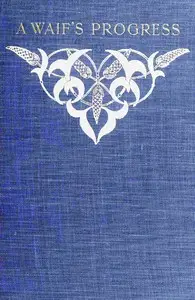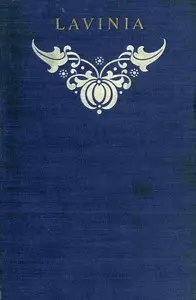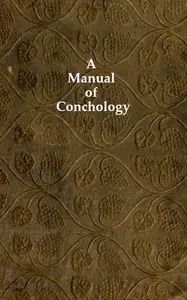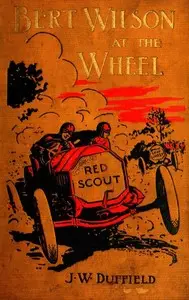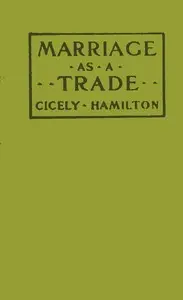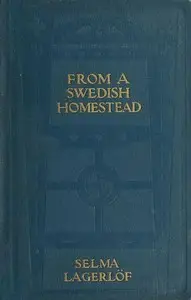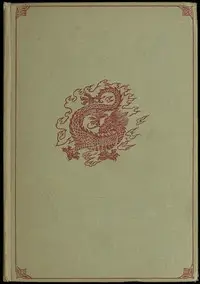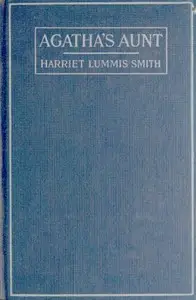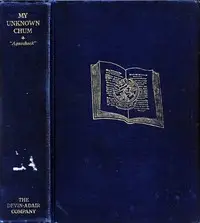"Doctor Cupid: A Novel" by Rhoda Broughton is a work of fiction likely written in the late 19th century. This novel introduces readers to the lives of the Lambton sisters, especially focusing on Peggy and Prue, who navigate their experiences and interactions while living in a small residence in the shadows of a larger estate. The themes of social observation, youthful aspirations, and romantic entanglements appear to be at the forefront of this narrative. At the start of the story, we are immersed in the charming yet complicated world of the two sisters and their reflections on life within the constraints of societal expectations and personal desires. The opening section features their wry assessments of what they owe to the "Big House"—the larger estate nearby—and the culture around them. Through playful dialogue, we see the sisters' personalities come to life, with Peggy displaying a blend of practicality and introspection, while Prue embodies youthful exuberance. This charming glimpse into their lives sets the stage for a narrative filled with humor, growing pains, and the pursuit of love, making it a compelling read for those intrigued by societal norms and the intricacies of relationships in a bygone era. (This is an automatically generated summary.)

Doctor Cupid: A Novel
By Rhoda Broughton
"Doctor Cupid: A Novel" by Rhoda Broughton is a work of fiction likely written in the late 19th century. This novel introduces readers to the lives of...
Rhoda Broughton was a Welsh novelist and short story writer. Her early novels earned a reputation for sensationalism, so that her later, stronger work tended to be neglected by critics, although she was called a queen of the circulating libraries. Her novel Dear Faustina (1897) has been noted for its homoeroticism. Her novel Lavinia (1902) depicts a seemingly "unmanly" young man, who wishes he had been born as a woman. Broughton descended from the Broughton baronets, as a granddaughter of the 8th baronet. She was a niece of Sheridan le Fanu, who helped her to start her literary career. She was a long-time friend of fellow writer Henry James and was noted for her adversarial relationship with both Lewis Carroll and Oscar Wilde.





